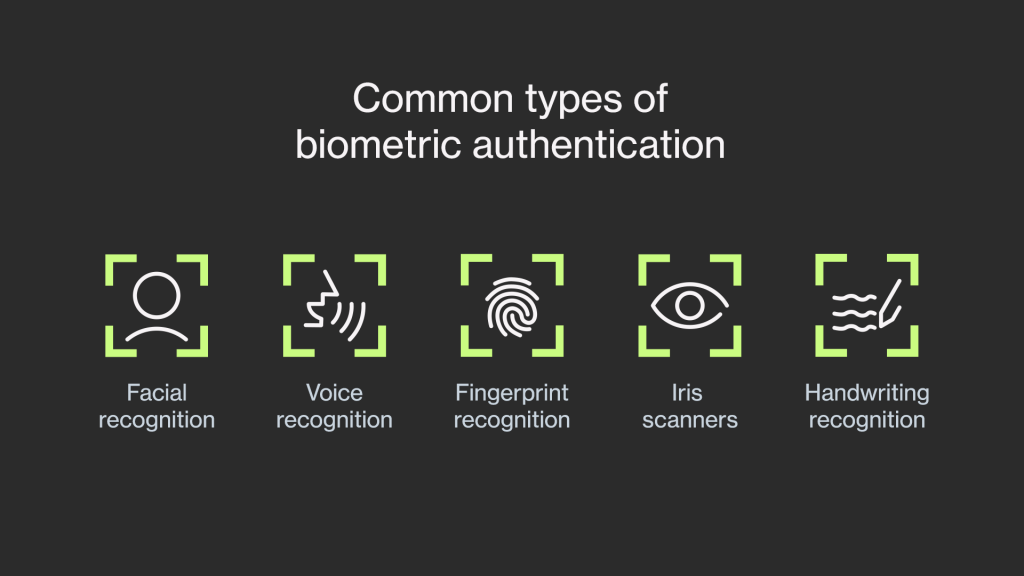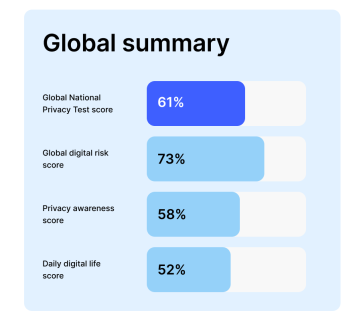As every company and corporation look towards growing in this new era where people are now working on the go and transforming how business is done in the workplace, Oracle has released its predictions on what to expect on big data.
Big Data has been on the look out in previous years, with Oracle introducing new products that are built around the technology to enable organisations incorporate their products in their business transactions for better productivity.
Now, Oracle believes that data has transformed to become some kind of capital and the year 2015 will see corporations talk about data capital in their boardrooms as opposed to Big Data. This is because, Oracle explains, data has become necessary in creating products, services and the way people work, just like financial capital.
This development will then mean that CEOs will have to increase their use of data capital through digitizing and datafying key operations with suppliers, customers as well as partners. CIOs on the other hand will require to get the firm data, in the form they want it and in the least time possible (data liquidity).
Apart from 2015 seeing corporations talk about data capital, Oracle provided a list of other predictions that will see transformation in enterprise big data. According to the corporation;
Big Data management is expected to grow up. Majority of new firms will settle on the best roles for the standard components of enterprise data management and with the increasing demand of data liquidity, data architects will be compelled to find new ways of making a complete data environment. And Hadoop, NoSQL and relational technologies will become part of the mature enterprise grade system.
Security and governance will increase big data innovation. There has been issues when creating new data combinations, especially with customer data, that has caused compliance officials to shut down pilots on big data from large firms, as a result of legal violations along the way.
This problem however, can be solved if enterprises are willing to extend modern data security practices such as data masking and redaction to the full big data environment in order to easily manage big data experiments.
Workloads will blend Cloud and on-premise capabilities. Once enterprise security and governance are extended to the cloud environments, companies will find it easy to distribute and shift their workloads around whenever needed as it will be available in the cloud platform, no need to visit physical shops for data.
Self-service discovery and visualization tools will come to Big data.This is to help enterprises in business expertise and not technology use per say, as it will bring in data from outside the organisation, which will go beyond the usual enterprise data policies. This will help in giving firms an upper hand in their decisions to further avoid complexities.
Companies will demand a SQL for all seasons in 2015. SQL is relied on every day by analysts, used in algorithms and applications to help in various analysis that include fraud. Oracle predicts that companies will demand that SQL works with all big data and that the big data SQL is able to function like the complete SQL that developers use. Meaning that there will be immense pressure on Hadoop and NoSQL.
And lastly, Oracle predicts that Just-in-time transformation will transform ETL. ETL (extract, transform and load) activities are being re-examined due to the new in-memory streaming technologies that are changing the rate at which data is acted upon.
Like it has been, data scientists will continue to opt for real-time data replication tools to enter data into Hadoop, and will take advantage of the distributed in-memory transformation processes to increase speed in data transformation to support interactive exploration as well as create new data combinations.
2014 saw Oracle introduce new products that took a focus on the Cloud, Big Data, Social and Mobile in efforts to benefit companies. Among the products was an offing in its Mobile Cloud service that would allow even non-coders to develop their own applications.





